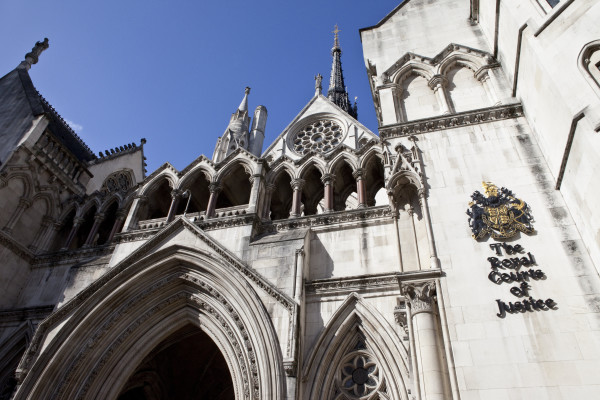

In today’s ruling (January 15), the judges substantially allowed the Financial Conduct Authority’s appeal on behalf of policyholders, completing the legal process and forcing insurers to pay the disputed claims.
The judgement brings an end to legal arguments over 14 types of policy issued by six insurers, as well as a substantial number of similar policies in the wider market which will now lead to claims being successful.
Sheldon Mills, executive director of consumers and competition at the FCA, said: “Coronavirus is causing substantial loss and distress to businesses and many are under immense financial strain to stay afloat.
“As we have recognised from the start of this case, tens of thousands of small firms and potentially hundreds of thousands of jobs are relying on this. We are grateful to the Supreme Court for delivering the judgment quickly.”
What happened
Many policyholders whose businesses were affected by the Covid-19 pandemic suffered significant losses, resulting in large numbers of claims under business interruption policies.
Most SME policies are focused on property damage and only have basic cover for business interruption as a consequence of property damage.
But some policies also offer cover for other causes, in particular infectious or notifiable diseases and non-damage denial of access and public authority closures or restrictions.
In some cases insurers accepted liability under these policies, but others disputed the claims leading to concerns around the lack of clarity and ultimately forcing the regulator to step in.
The FCA brought a ‘test case’ to the courts in a bid to remove the need for individual policyholders to battle with their insurers and to instead resolve some key contractual uncertainties within the policies to provide widespread clarity.
Last September the regulator and the policyholders it argued in favour of celebrated a "significant" victory when a High Court test case sided with the FCA on the "majority of the key issues" raised.
But a mere two weeks later the process hit stumbling blocks when “outstanding issues” could not be resolved and the issue was “leapfrogged” — fast-tracked — to appeal at the Supreme Court.
Today’s ruling signifies the end to the process, and the FCA said it would work with insurers to ensure they “rapidly concluded” their claims processes on claims the Supreme Court has ruled should be paid.
But the outcome could be “catastrophic” for insurers, according to a law firm.
Mark Pring, partner at Reed Smith, said: “It can be said, without fear of hyperbole, that in principle at least this really is a catastrophic outcome for insurers.
“The finding on causation will have very significant consequences for business interruption policies and many other types of policy. If it weren’t for remote working, we would likely have heard the collective groan of insurers as the Supreme Court issued its verdict.”
Insurance firm Hiscox, one of the firms refuting the FCA’s appeal, saw its share price plummet nearly 7 per cent on the news. Its shares have since recovered to around 2 per cent below this morning’s opening price.
imogen.tew@ft.com
What do you think about the issues raised by this story? Email us on fa.letters@ft.com to let us know




